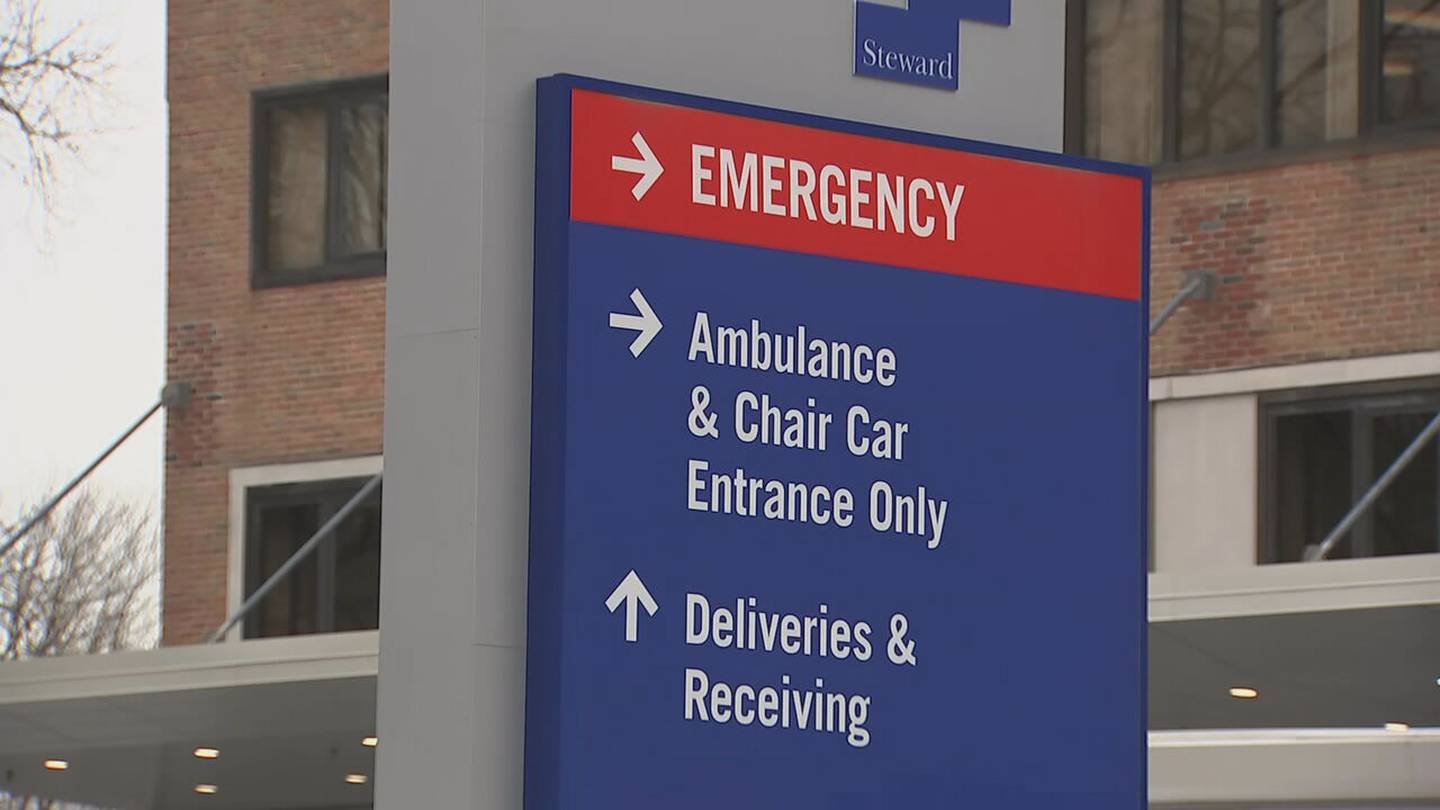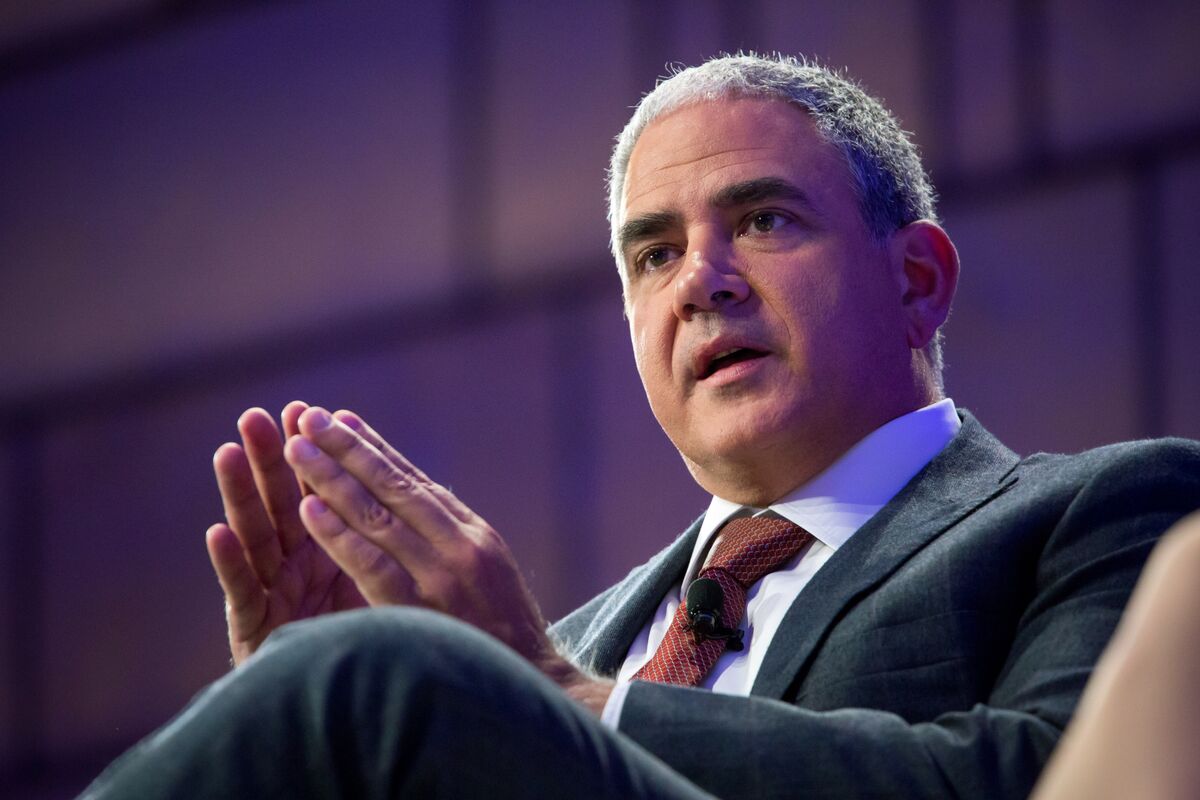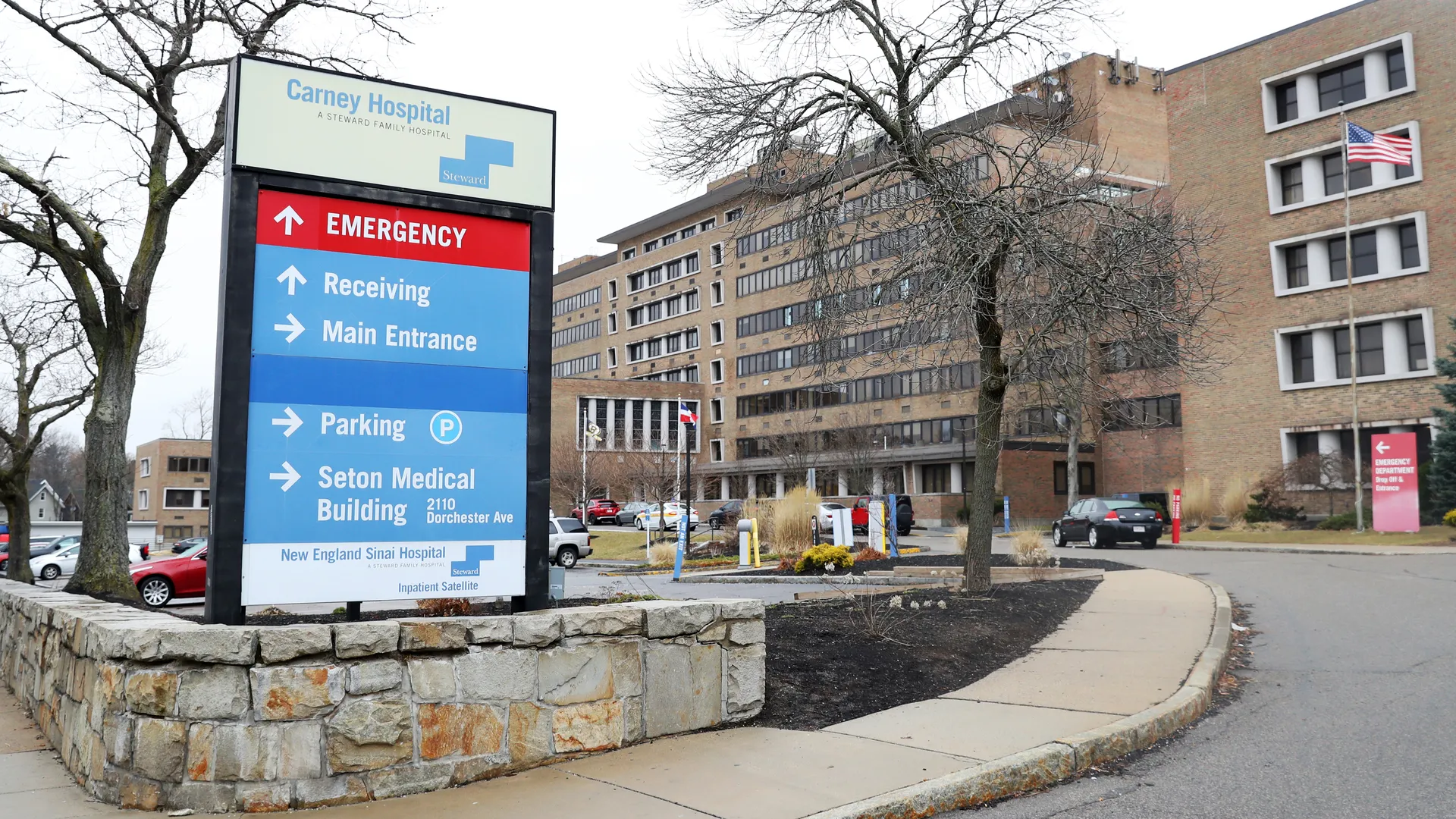In a dramatic turn of events, Steward Health Care System LLC, a prominent player in the U.S. healthcare sector, has declared bankruptcy. This decision comes after a period fraught with financial difficulties and extensive governmental scrutiny, particularly concerning the impact of its hospital closures on patient care.

The Road to Bankruptcy
The Dallas-based healthcare giant filed for Chapter 11 protection early Monday in the Southern District Court of Texas, revealing assets and liabilities ranging between $1 billion and $10 billion. This move is aimed at sustaining operations while Steward Health seeks court approval for its restructuring plan.
As the largest private, for-profit hospital chain in the nation, Steward operates over 30 hospitals across eight states and employs approximately 30,000 individuals. The company’s financial instability became particularly acute this year, as it grappled with delayed payments to vendors and operational challenges at several of its facilities.

Escalating Costs and Operational Hurdles
Steward’s financial woes were exacerbated by a series of hospital closures, especially in Massachusetts, aimed at curbing expenditures. These closures did not go unnoticed, drawing significant criticism and inquiry from local politicians, including US Senator Elizabeth Warren. The health care system also attempted to offload its managed services organization and enlisted the expertise of AlixPartners for operational assistance.
Medical Properties Trust Steps In
In a bid to stabilize its financial footing, Steward secured a rescue loan from its landlord, Medical Properties Trust Inc. This includes an initial debtor-in-possession funding of $75 million with the potential for an additional loan of up to $225 million under certain conditions. Earlier in the year, Medical Properties had extended a $60 million bridge loan to Steward and agreed to defer some rent payments. However, news of the bankruptcy caused Medical Properties’ stock to tumble by as much as 11.5% during Monday trading.
My statement on Steward Health Care’s move to file for bankruptcy. pic.twitter.com/xuPrEMKUrz
— Andrea Joy Campbell (@MassAGO) May 6, 2024
The Role of Cerberus Capital Management
Compounding the scrutiny on Steward’s financial strategies is the role of Cerberus Capital Management. The private equity firm, which established Steward by acquiring several Catholic hospitals in Massachusetts in 2010, has been criticized by Democratic lawmakers, including Senator Warren, for its financial manoeuvres within the healthcare sector. Despite Cerberus making a substantial profit from its investments in Steward, concerns about its influence and the subsequent financial strategies of Steward persist.

Steward Health Care CEO Confident Amid Bankruptcy Process
Steward Health’s CEO, Ralph de la Torre, expressed confidence in the bankruptcy process, stating that it would “responsibly transition ownership of its Massachusetts-based hospitals, keep all of its hospitals open to treat patients, and ensure the continued care and service of our patients and our communities.”
As Steward Health navigates through these turbulent times, the healthcare sector watches closely, aware that the outcomes of this bankruptcy could set significant precedents for financial and operational strategies in the industry. The case, documented as Steward Health Care System LLC, 24-90213, continues to develop in the US Bankruptcy Court for the Southern District of Texas.










